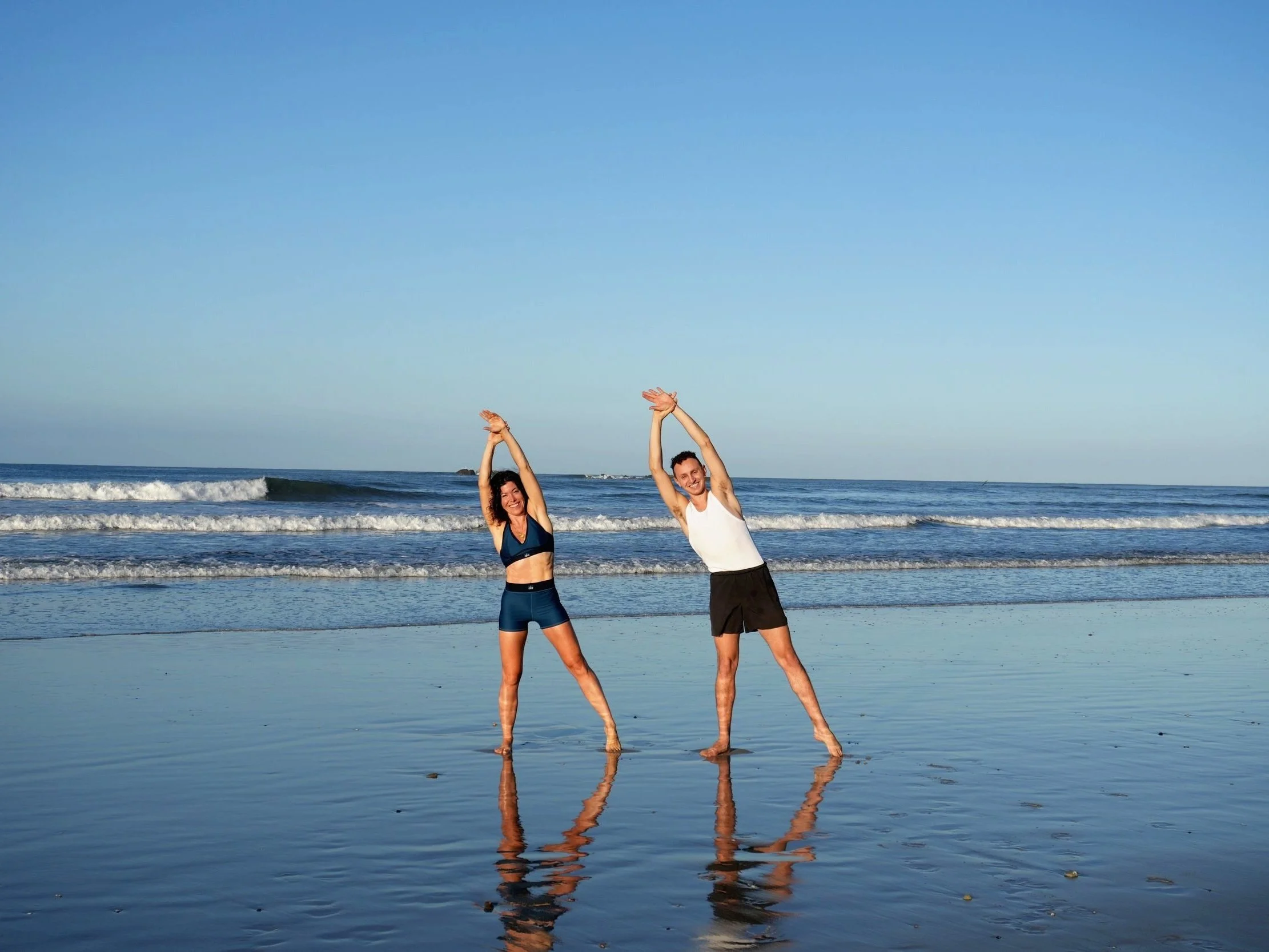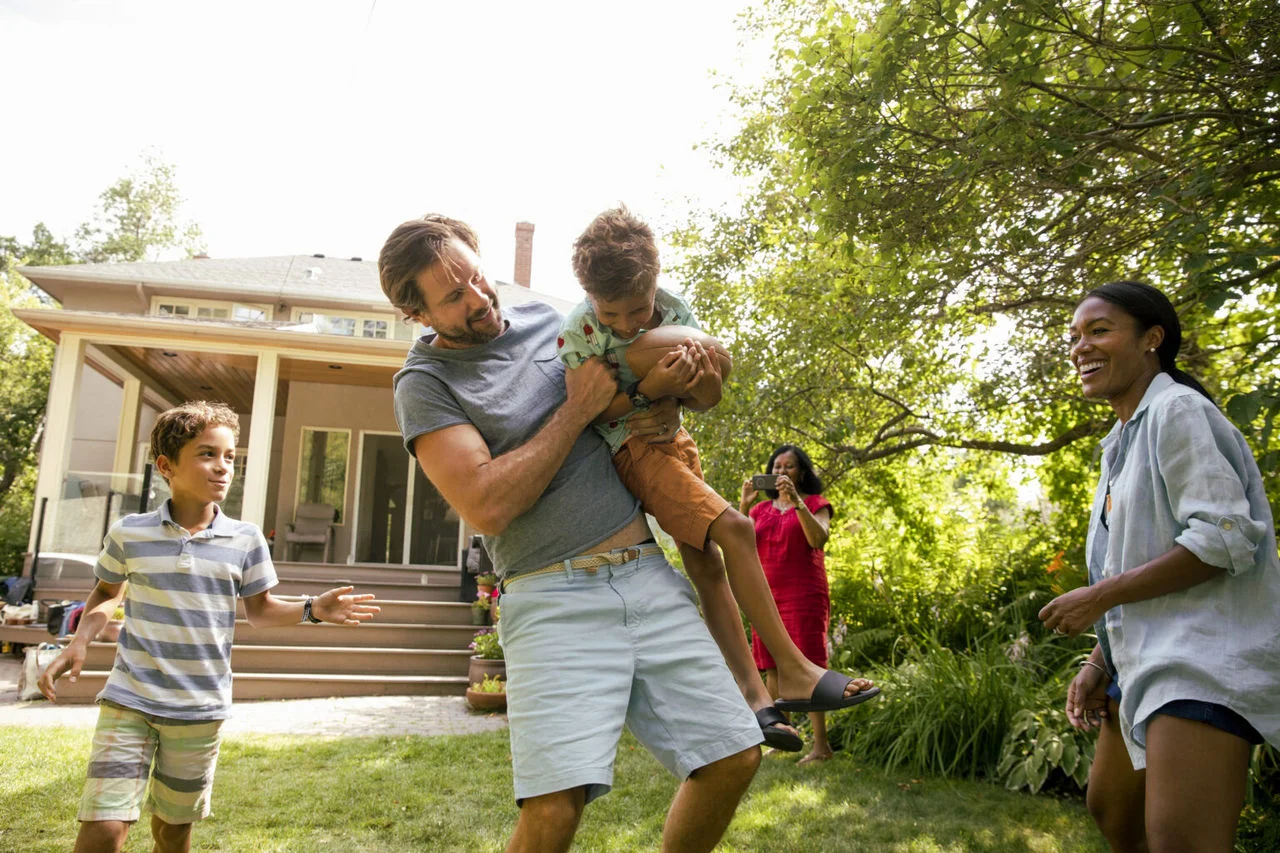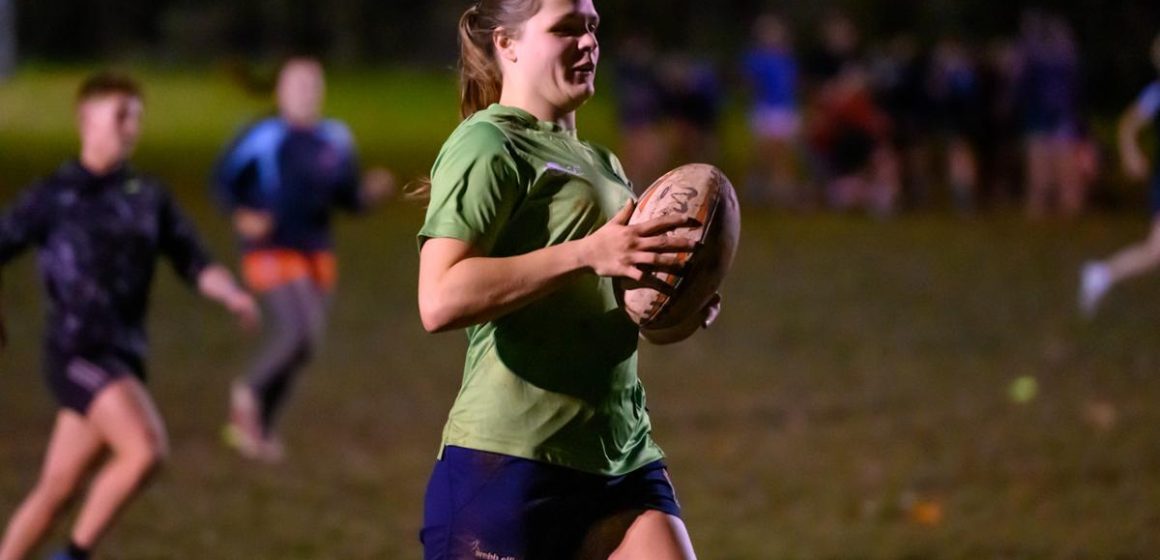Recreation is far more than an escape from work or a way to fill free time—it is a vital element of human life that contributes to mental balance, physical health, and social connection. From outdoor adventures and creative hobbies to digital gaming and cultural tourism, recreational activities are deeply woven into the fabric of modern society. In a world often dominated by long working hours, constant connectivity, and rising stress levels, recreation serves as both a remedy and a foundation for holistic well-being.
This article explores the multifaceted value of recreation, its benefits for individuals and communities, and emerging trends that are shaping how people around the globe choose to spend their leisure time.
Recreation as a Path to Physical Wellness
One of the most obvious benefits of recreation lies in physical health. Activities such as hiking, swimming, cycling, or even casual walking engage the body in ways that counteract the sedentary nature of modern life. According to health organizations, adults who engage in at least 150 minutes of moderate recreational activity per week reduce their risks of obesity, cardiovascular disease, and diabetes significantly.
Unlike formal exercise routines, recreation often disguises physical activity in enjoyable forms. A friendly game of soccer, a weekend kayaking trip, or a dance class may not feel like “exercise,” yet they burn calories, build endurance, and strengthen muscles. For children, recreational play is particularly critical—it helps build motor skills, improves balance, and encourages lifelong healthy habits.
Mental Health and Stress Relief
Recreation is equally essential for mental well-being. Engaging in leisure activities offers a healthy break from routines, deadlines, and pressures. Activities like gardening, painting, or fishing provide meditative qualities, allowing individuals to slow down and focus on the present moment. Research in psychology consistently shows that recreational engagement can lower cortisol (the stress hormone), reduce anxiety, and even improve symptoms of depression.
For many people, recreation also provides a sense of purpose and mastery. Learning to play a musical instrument, improving golf skills, or crafting handmade furniture delivers a unique satisfaction that boosts self-esteem. When individuals set personal leisure goals and achieve them, it nurtures resilience and confidence that spill over into other areas of life.

Recreation as a Social Connector
Human beings are inherently social, and recreation provides a fertile ground for connection. Team sports, community festivals, book clubs, and dance classes create spaces where individuals can bond over shared interests. These recreational interactions often lead to stronger friendships, reduced feelings of loneliness, and even professional networking opportunities.
Community-based recreation is particularly powerful in building inclusivity. Parks, cultural centers, and public recreation facilities act as equalizers—offering affordable or free opportunities for people from diverse backgrounds to come together. In cities, shared recreational spaces often help bridge gaps between different social groups, fostering tolerance and unity.
Economic and Cultural Impact of Recreation
Beyond individual benefits, recreation plays an important role in economies and cultures worldwide. Tourism, for example, is one of the largest industries globally, and recreational travel makes up a significant share. Whether it’s skiing in the Alps, snorkeling in the Caribbean, or exploring national parks in the U.S., recreational travel fuels local businesses, creates jobs, and stimulates cultural exchange.
Domestically, recreation also generates revenue through sports leagues, theme parks, outdoor equipment sales, and creative workshops. Many local governments recognize this and invest heavily in recreational infrastructure such as bike trails, museums, and event spaces. These investments not only improve quality of life for residents but also attract visitors and boost local pride.
Shifts in Modern Recreational Trends
The nature of recreation has evolved dramatically with technological and societal changes. Several trends are reshaping how people engage in leisure today:
-
Digital Recreation: Video games, virtual reality experiences, and online fitness classes have grown in popularity. For many, digital spaces provide immersive recreation that rivals physical activities in enjoyment and social connection.
-
Wellness-Oriented Leisure: More individuals are pursuing recreational activities that align with health goals—yoga retreats, hiking clubs, and culinary workshops focused on nutrition.
-
Eco-Recreation: Sustainability has become a priority, with travelers and hobbyists seeking activities that minimize environmental impact. Hiking in protected areas, cycling instead of driving, and eco-tourism adventures are rising in popularity.
-
Creative Revival: Arts and crafts are experiencing a resurgence as people rediscover the joys of painting, pottery, woodworking, and DIY projects. Platforms like Pinterest and YouTube have inspired millions to take up creative hobbies.
-
Micro-Recreation: With busy schedules, many are turning to shorter, more frequent leisure breaks—such as 20-minute meditation sessions, lunchtime walks, or weekend day trips—that provide refreshment without requiring long time commitments.
Barriers to Recreation and How to Overcome Them
Despite its benefits, many people struggle to incorporate recreation into their lives. Common barriers include lack of time, financial constraints, limited access to facilities, and cultural expectations that prioritize productivity over leisure. Overcoming these challenges requires both individual effort and systemic support.
On an individual level, people can schedule recreational time just as they would a work meeting—treating it as a non-negotiable priority. Choosing affordable or low-cost activities like walking in nature, library visits, or home-based hobbies can also eliminate financial barriers.
From a community perspective, governments and organizations can help by investing in public parks, community centers, and affordable programs. Employers can also contribute by promoting work-life balance, offering recreational initiatives, and recognizing that employee well-being translates into productivity and loyalty.
Recreation as a Lifelong Journey
One of the most remarkable aspects of recreation is its adaptability across life stages. Children benefit from unstructured play, teens from sports and creative outlets, adults from travel and hobbies, and older adults from activities that promote social engagement and mobility. Recreation evolves with age, offering something unique at every point in life.
For seniors in particular, recreation is vital. Activities like walking clubs, board games, and gentle dance not only maintain physical health but also guard against isolation and cognitive decline. Recreation provides meaning and joy even in later years, proving that leisure is never a luxury but a necessity.

Conclusion
Recreation is far more than a pastime—it is a cornerstone of health, happiness, and community. Whether it takes the form of outdoor adventures, artistic expression, digital immersion, or cultural exploration, recreation provides profound benefits that ripple across personal and social dimensions. In our increasingly fast-paced and technologically driven world, prioritizing recreation is not just desirable; it is essential.
By embracing leisure as a tool for growth and well-being, individuals and societies can cultivate healthier bodies, calmer minds, stronger communities, and richer economies. Recreation, in its many forms, reminds us that joy, play, and connection are not distractions from life—they are the essence of life itself.


Leave a Reply